-
Living with a depressed person
If you know someone who is unable to cope with depression, get him to seek treatment early. Professional help is available and effective.
HOW CAN YOU HELP?
•Get him to see a doctor so that he can be diagnosed and treated. Offer emotional support. Spend time and encourage him to open up. Offer a listening ear.
•Encourage him to continue with treatment. Reassure him that he will get better. If the depressed person has mentioned not wanting to live or suicide, it is important to tell his therapist.
•It is important to remain patient and not get frustrated. Keep in mind that depression is an illness and not reflective of the patient/sufferer.
WHERE TO SEEK HELP
•Samaritans of Singapore: 1800-221-4444
•Singapore Association for Mental Health: 1800-283-7019
•Mental Health Helpline: 6389-2222
•Care Corner Counselling Centre (Mandarin): 1800-353-5800
•Silver Ribbon: 6386-1928
•Club Heal: 6899-3463
•Touch Community Services: 6377-0122
•Tinkle Friend (for primary school-aged children): 1800-274-4788
SOURCE: INSTITUTE OF MENTAL HEALTH
HOME IN FOCUS
Guiding others to peace of mind
In the spirit of World Mental Health Day tomorrow, The Straits Times looks at how healthcare assistant Alan Ng draws strength from his personal experience to provide care for people with mental health challenges.
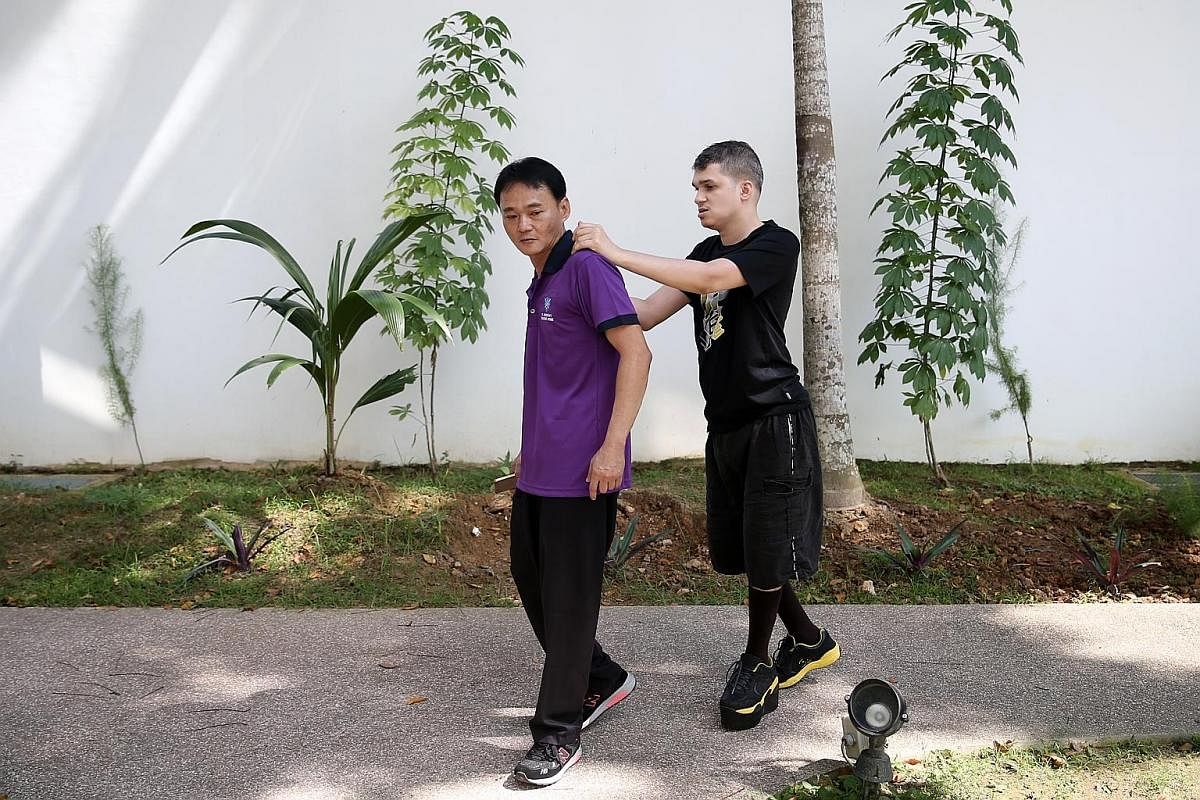
Dressed in a simple uniform of purple polo T-shirt and black pants, Mr Alan Ng is a picture of enthusiasm and energy as he leads a group of about 20 nursing home residents in a weekly choir and karaoke session.
It is hard to imagine that barely four years ago, the 48-year-old healthcare assistant was himself battling his own inner demons.
Diagnosed with bipolar disorder in his 20s, a brain disorder that causes extreme mood swings, he suffered severe depression for much of the following two decades. He was in and out of different hospitals more than 20 times.
At his lowest point, he felt so helpless that he would not venture out of his house. He could not hold down a job and his relationship with his loved ones was tumultuous.
In 2008, Mr Ng was transferred to the Hougang Care Centre for rehabilitation after treatment at the Institute of Mental Health (IMH). There he met two people who would change his life.
Between 2008 and 2011, Ms Irene Sng, who is now the centre head of Community Rehabilitation and Support Services (Bukit Batok), visited him at home and gained his family's support and understanding.
Seeing his passion to help others, she coaxed him to take up a healthcare course, following which she recommended him for the job of healthcare assistant at St Andrew's Nursing Home (SANH) in Buangkok. On his 45th birthday, he began work at the 300-bed, long-term residential care facility for people with mental health issues and disabilities.
Mr Ng also developed a personal bond with senior consultant psychiatrist Joseph Leong of IMH. "Every doctor is caring, but Dr Leong is special. He helped me to get back into society. He kept calling me to check on me and he cut my medications so that I would not feel so tired."
As a healthcare assistant, his daily responsibilities include bathing, toileting and supporting nurses in resident care and activities.
But he also felt a need to help improve the residents' quality of life.
His own experience in recovery meant he could empathise with them on a deeply personal level. He understood their fear and sense of withdrawal after many years of being in institutions.
Residents had conditions such as schizophrenia and dementia, or had to use a wheelchair, were blind, autistic, non-verbal and uncommunicative. Many exhibited aggressive behaviour and Mr Ng endured rejections, punches and kicks.
Working with each one daily over a period of one to six months, he was able to reduce the aggressive behaviour, improve their social interaction skills and mental well-being and rebuild their self-confidence.
Mr Ng has worked with 11 residents and helped them in their recovery process. "I see every resident as my friend, and they deserve as much love, compassion and support from me as I once received from those who cared for me," he said.
For his work, Mr Ng was one of four people who received the highest Honourable Mention at the Healthcare Humanity Awards in April. The annual awards, organised by the National Healthcare Group, pay tribute to healthcare workers who display exceptional qualities and dedication in helping others.
"I was stuck for a long time going around in circles. When I finally understood that, I didn't want to keep going around in circles any more. I want to walk a straight path, knowing that there will be challenges and obstacles along the way. Even if it means I'll fall, I'll climb back up."
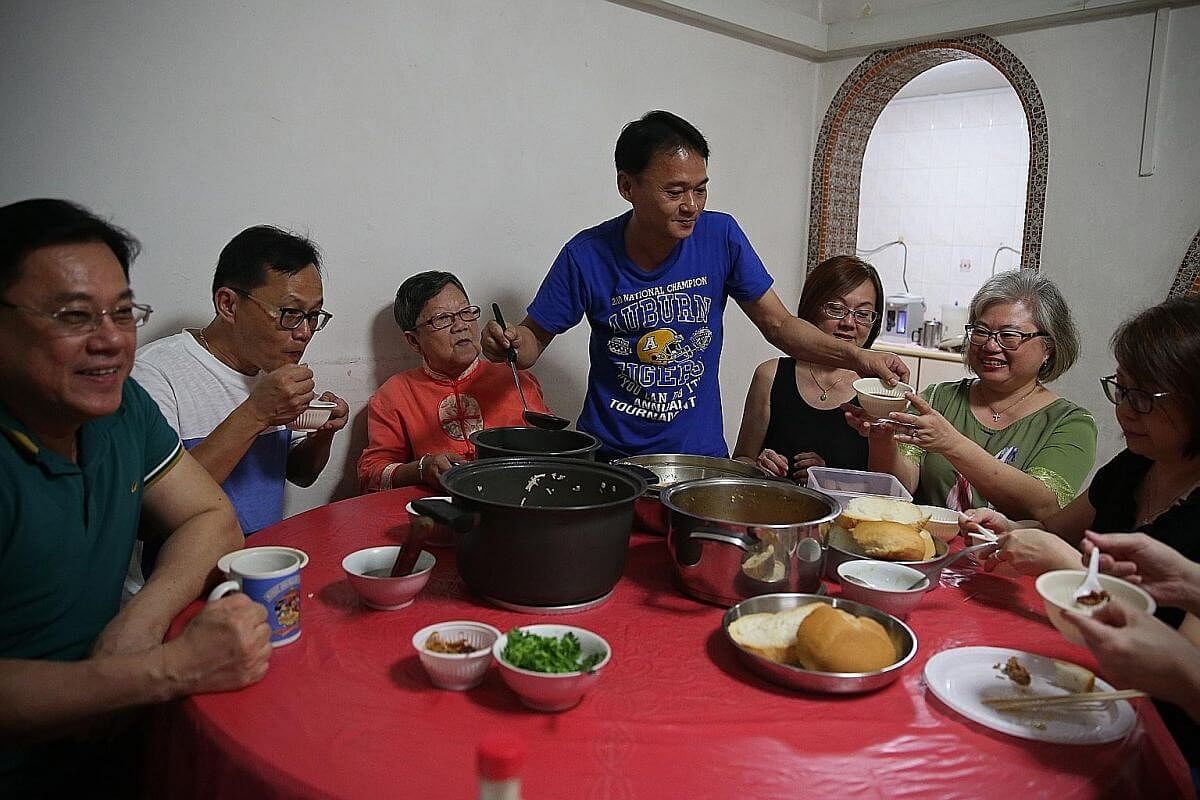


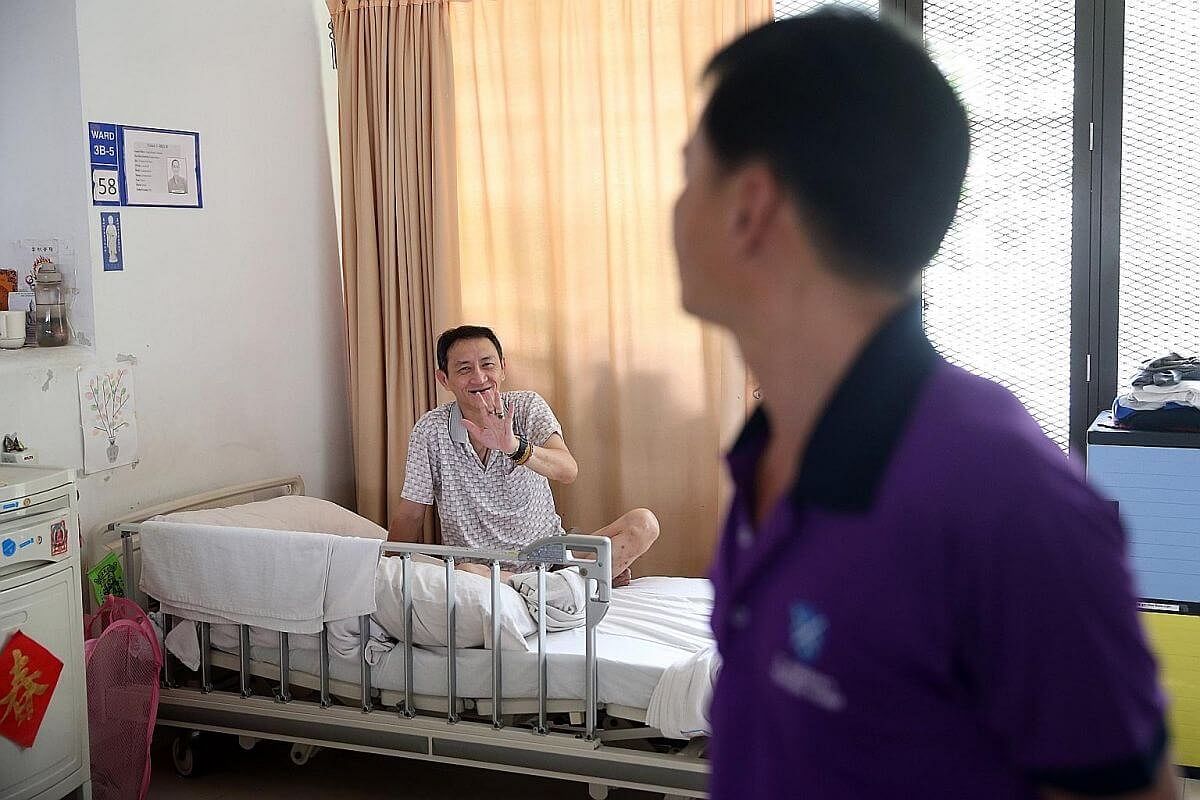
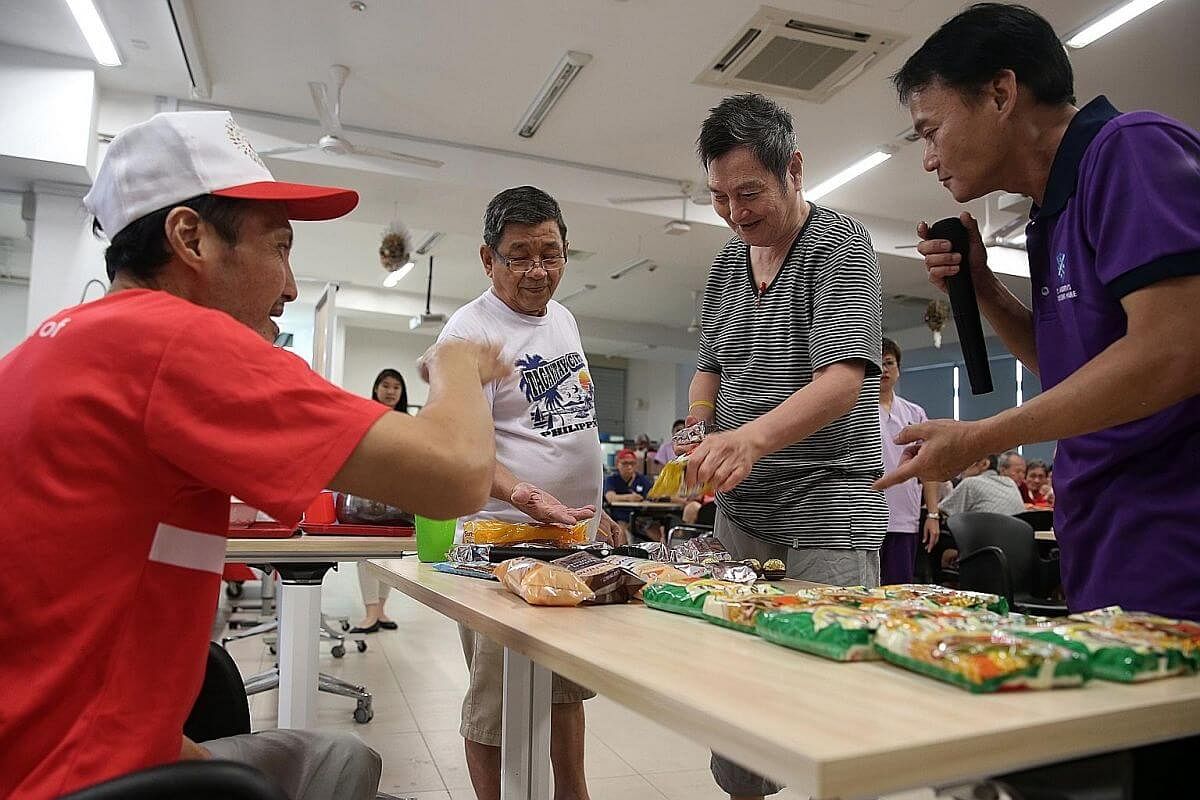


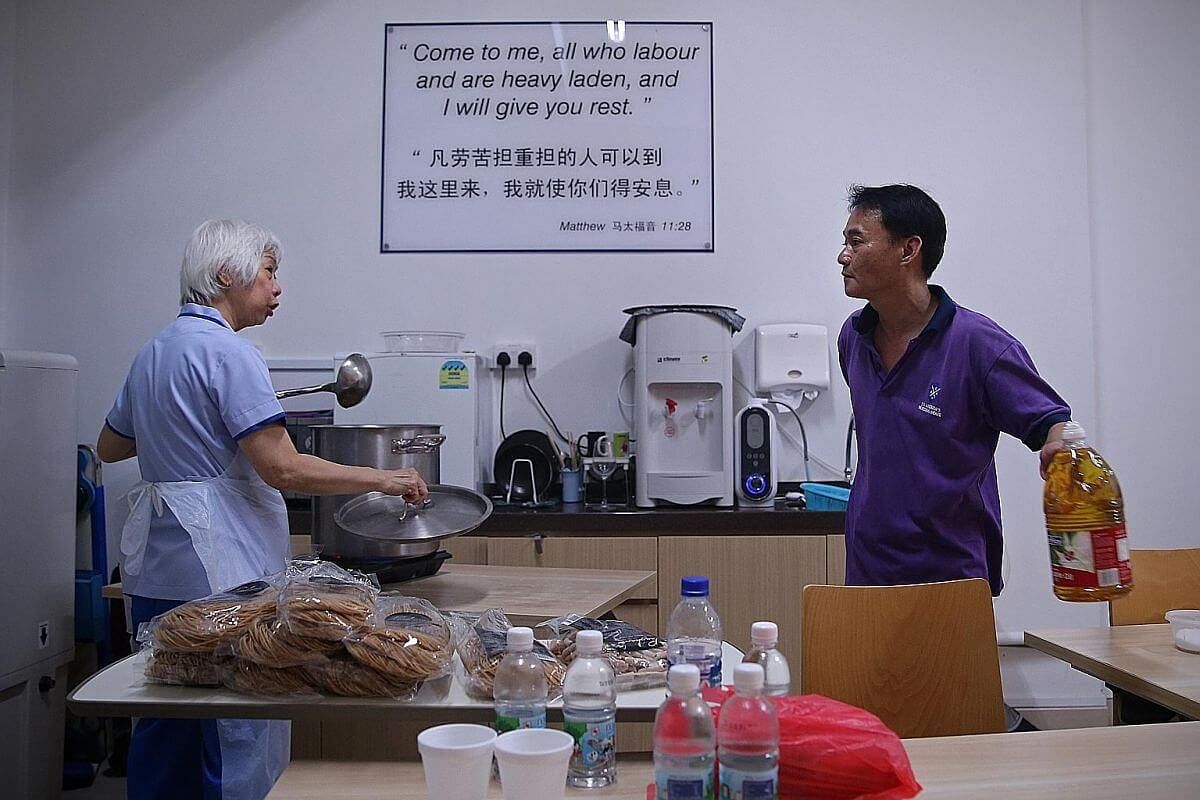








Join ST's WhatsApp Channel and get the latest news and must-reads.
A version of this article appeared in the print edition of The Straits Times on October 09, 2017, with the headline Guiding others to peace of mind. Subscribe

